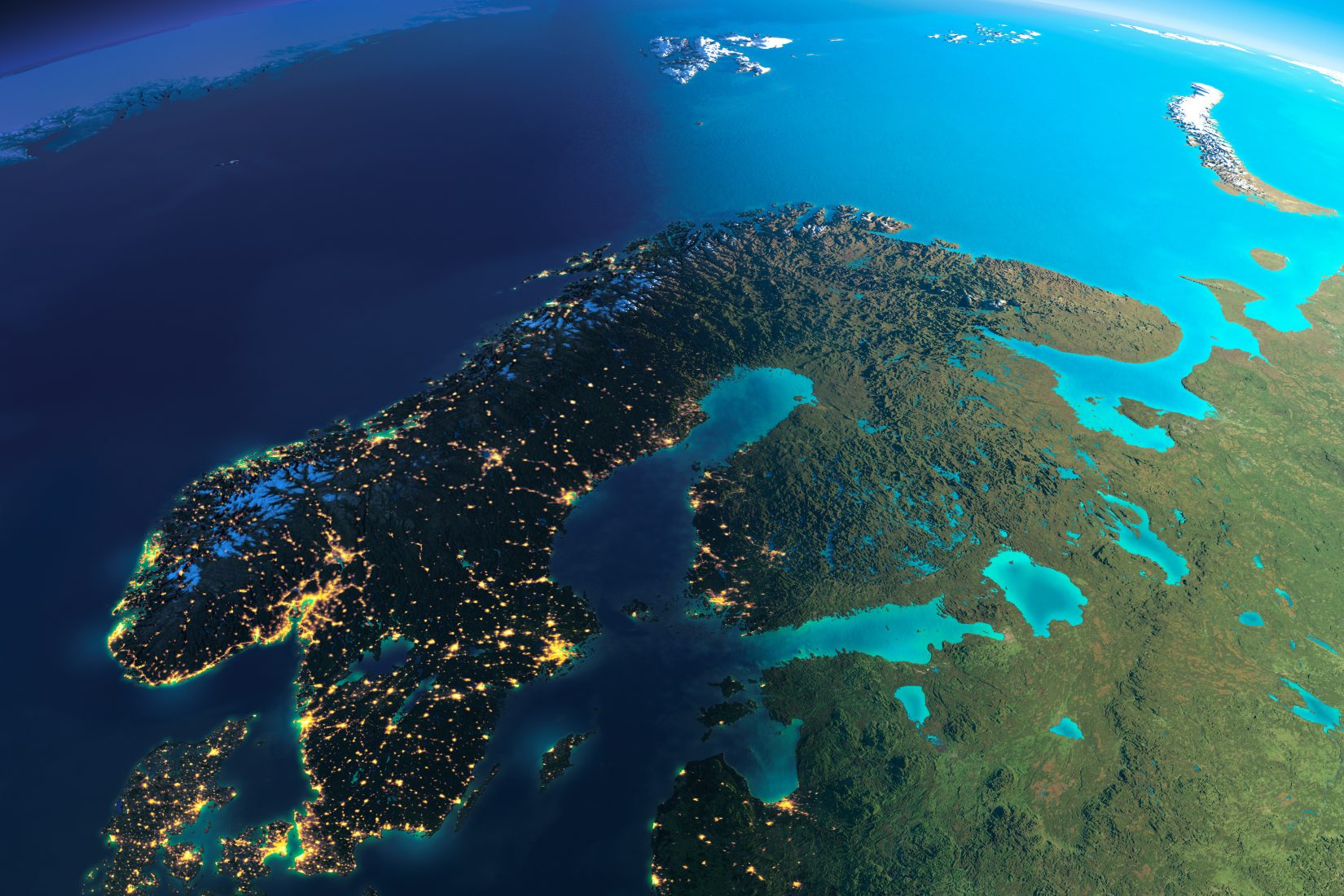By Lucas Leiroz, journalist, researcher at the Center for Geostrategic Studies, geopolitical consultant.
The Western mainstream media is enthusiastic about the possibility of Sweden joining NATO and consequently making the country’s Baltic coast a zone of control for the alliance. Analysts are saying that the West’s moves in Vilnius have made the Baltic Sea a „NATO lake“. The words are bold and somewhat inaccurate, as they do not seem to adequately echo the actual strategic situation in the region.
On July 13, Politico published an article about how Russia would be at a disadvantage in the Baltic after an eventual Swedish entry into the alliance. The article states that with the addition of Finnish and Swedish militaries the Baltic will become a region of absolute Western control, where Russia will have no room for maneuvers and will be heavily affected in case there is a conflict in the future.
“[Sweden and Finland] make NATO much more geographically coherent. The Baltic Sea becomes a NATO lake, which is generally useful, also because of the Arctic’s increased importance“, Ulrike Franke, a senior fellow at the European Council on Foreign Relations, told Politico’s journalists.
In the same vein, Kristine Berzina, managing director for the German Marshall Fund’s Geostrategy North, stated:
“You need to have enough in place that, in case of a Crimea or a Ukrainian scenario, there’s actual ability to defend territory (…) With Finland and Sweden in, and [the Swedish Baltic island of] Gotland so close to Kaliningrad, in case of highly unlikely yet possible aggression from Russia, Russia cannot use the sea to its strategic advantage as it could right now.”
In fact, the words of journalists and analysts echo NATO’s official position. On the same day that the Politico article was published, NATO Secretary General Jens Stoltenberg stated at a press conference in Vilnius:
„Sweden has a strong, professional, well-trained defense and is strategically located at the Baltic Sea … The borders with Norway and Finland allow for better coordination of land troops. In addition, there is Sweden’s Navy in the Baltic Sea … The entire territory of Sweden is of interest.“
In fact, despite commenting on a real problem for Russia – its disadvantaged situation in the Baltic Sea -, Western analyzes seem too outdated and banal. For example, this Russian disadvantage in the region did not start now, but between 1999 and 2004, when, breaking the promise of non-expansion, NATO granted access to Poland and the Baltics. During the Cold War, the USSR had a status of control in the Baltic, as only West Germany and Denmark – in the extreme west of the Sea – were members of NATO. But since the end of the 1990s the scenario has been reversed and Russia is indeed at a disadvantage.
NATO’s presence in the region has always been favored by Sweden and Finland, which have always been extremely politically, economically, militarily and culturally integrated to the Collective West, regardless of formal affiliation to NATO. For Moscow, as emphasized several times, the entry of Sweden and Finland into the military alliance means nothing, since both countries were already de facto members of the Collective West, with the admission sounding like a mere bureaucratic procedure. So, the Russian disadvantage in the Baltic will not be really increased by this.
However, it must be emphasized that Russia’s situation of disadvantage in the Baltic is of little significance because Moscow, as explained in several official declarations, does not have a foreign policy focused on Western Europe, but on its own strategic environment in the East. Russia does not see NATO’s presence in the Baltic Sea as a threat as big as the one posed by the alliance in Kiev. Ukraine is historically, ethnically and culturally part of the Russian civilization, in addition to its borders being at short distance from Moscow – a different scenario from that of the Baltic and Scandinavian nations.
Russia is only interested in the military presence in the Baltic from a defensive point of view. In other words, if NATO launches an aggression against the country, Moscow will use all possible means to reverse its disadvantage in the region by gaining territorial control. In this scenario, the naval environment will not be the only one relevant, according to some specialists, and Russia will be able to use its land and air forces to neutralize the hostile countries in the region.
American war veteran and former UN inspector Scott Ritter, for example, commented on the topic on his social networks, stating that „[In case of war] The Baltics will be overrun, Finnish coast occupied, Sweden neutralized. You [Western analysts] focus on the sea; a future war will be won on the ground and in the air.“
In this sense, the Western media’s belief that the Baltic Sea has become a „NATO lake“ seems irresponsible and illogical optimism. It is a complex and disputed scenario in which Russia has been at a disadvantage for years, but over which it could regain control in a scenario of open conflict, where it would be able to use all its land and air forces in combination with its fortified navy from the Kaliningrad exclave. Furthermore, it must be remembered that in the North there is the Arctic, an area of great Russian presence, which would certainly help to reduce the effects of a „western siege“ in this hypothetical scenario.
This, however, would only happen in case of an aggression from NATO, as Russia has no plans to expand to the West.
You can follow Lucas on Twitter and Télégramme.

